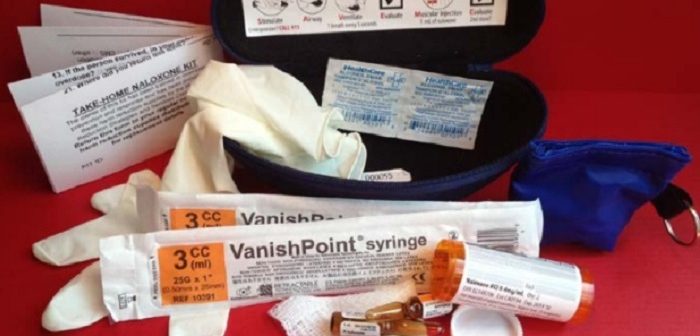|
April 11, 2017 More than 28,000 Kits Distributed Across Province to Help Reduce Opioid DeathsOntario is expanding access to naloxone, a life-saving drug that can temporarily reverse an opioid overdose, by providing it free of charge to anyone in need in over 200 cities and towns across the province. Dr. Eric Hoskins, Minister of Health and Long-Term Care, was joined today by Marie-France Lalonde, Minister of Community Safety and Correctional Services, at Shoppers Drug Mart today to raise awareness about Ontario’s naloxone programs and to encourage more people who are at risk of an opioid overdose, as well as their friends and families, to pick up a free kit. As of the end of March 2017, more than 28,000 naloxone kits had been dispensed free of charge at over 1,000 pharmacies, and at 40 public health units and community-based organizations that run needle exchange and hepatitis C programs. In addition, more than 500 naloxone kits have also been distributed at 10 provincial correctional facilities to at-risk inmates at the time of their release. By the end of spring 2017, all 26 provincial correctional facilities will be able to distribute naloxone kits. Expanding access to opioid overdose medication is part of Ontario’s Strategy to Prevent Opioid Addiction and Overdose. As part of this strategy, Ontario has also:
Preventing opioid overdoses is part of the government’s plan to build a better Ontario through its Patients First: Action Plan for Health Care, which provides patients with faster access to the right care; better home and community care; the information they need to live healthy; and a health care system that is sustainable for generations to come. |
QUICK FACTS
|
ADDITIONAL RESOURCES |
|


